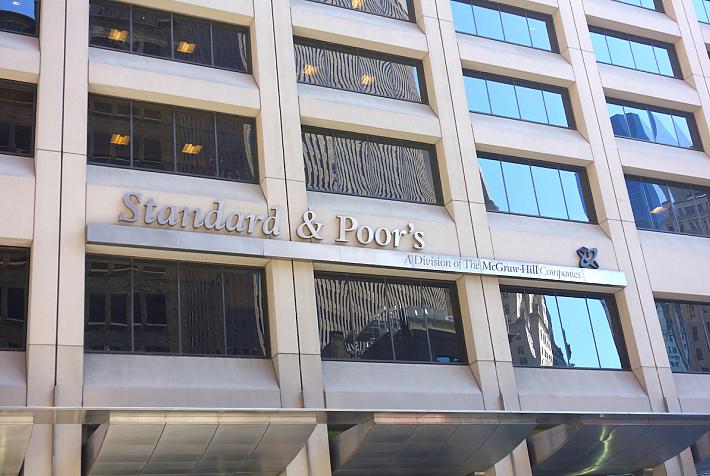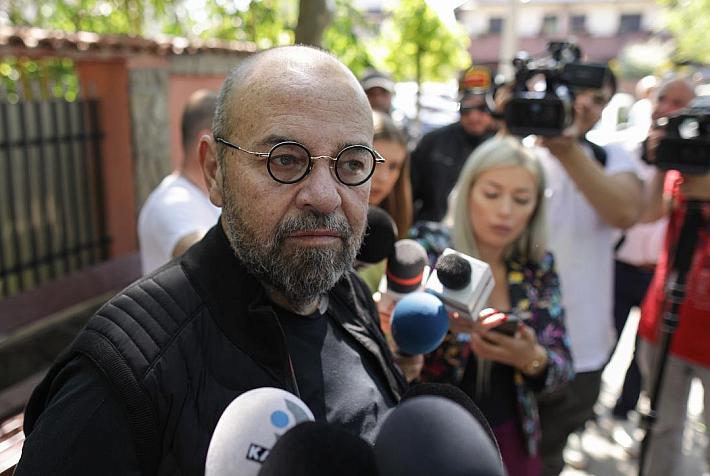Romania complies with 3 of 5 euro convergence criteria, does well on private debt ratio


Romania ticks three of the five boxes imposed by the convergence criteria for adoption of the euro, also known as the Maastricht criteria. The country does well on the exchange rate evolution, on the budget deficit and on the total public debt, which is of only 38 percent of the GDP, much below the imposed threshold of 60 percent of the GDP, according to Valentin Lazea Romania's Central Bank chief economist. The private debt, which is also important, is of 70 percent of the country's GDP, while the Maastricht criteria mentions a threshold of 160 percent for the private debt.
However, Romania must work on its inflation, which exceeds the imposed limit by 0.6 percentage points, and the long term interest rates, of 6.67 percent, which are 1.3 percentage points higher than in the Maastricht criteria.
To these five main areas covered by the Maastricht criteria, 10 more points have been added, called the Board Panel, and one of them refers to the private debt.
Lazea took part in the Romanian Business Leaders Summit, which is being organized on February 7 and 8 in Bucharest. Several other state officials will give speeches during the event: Economy Minister Varujan Vosganian, Finance Minister Daniel Chitoiu, Tourism and Small and Medium Enterprises Minister Maria Grapini, among others.
The Maastricht treaty in 1992 led to the creation of the euro. The Maastricht criteria (also known as the convergence criteria) are the criteria for European Union member states to enter the third stage of European Economic and Monetary Union (EMU) and adopt the euro as their currency.
Before joining the eurozone, Romania must enter the Exchange Rate Mechanism (ERM) and be part of it for at least two years. Previous targets pointed to January 2013 for joining the ERM and 2015 for adoption the euro, but Romania missed its targets.
International media recently reported a general cooling in enthusiasm for the euro across Central and Eastern Europe; the Czech Republic will hold a referendum on membership in 2020, Hungary has ruled out joining until 2018 at the earliest, while Poland’s Prime Minister has described the euro as “completely unattractive.” Romania, like all the other new EU member states in the region, pledged to eventually join the euro as part of the accession agreement.
editor@romania-insider.com











